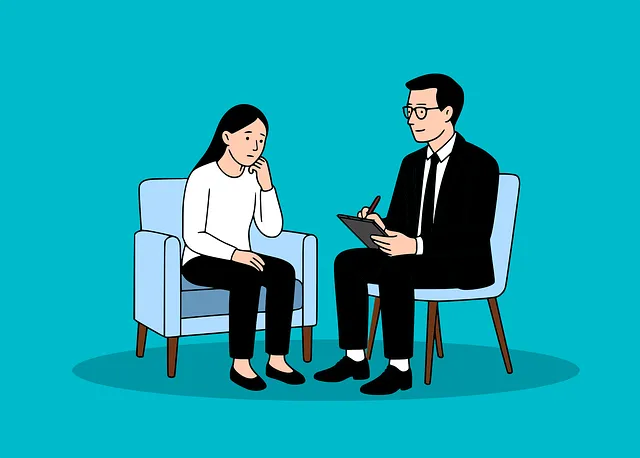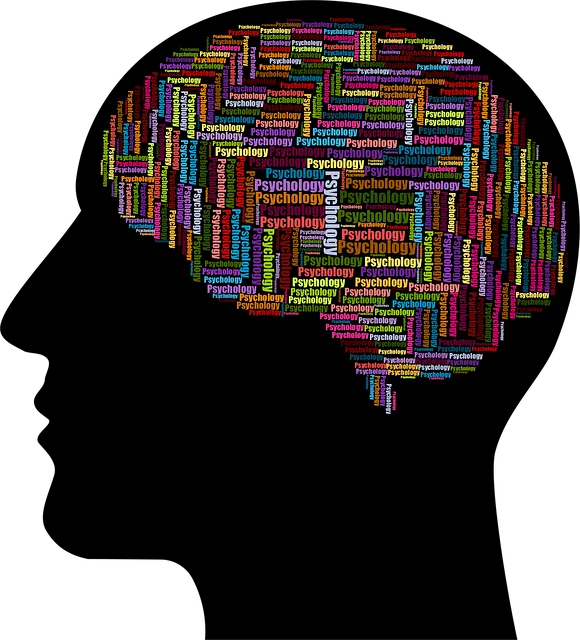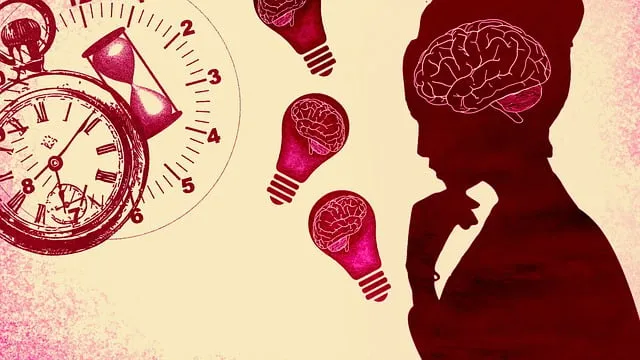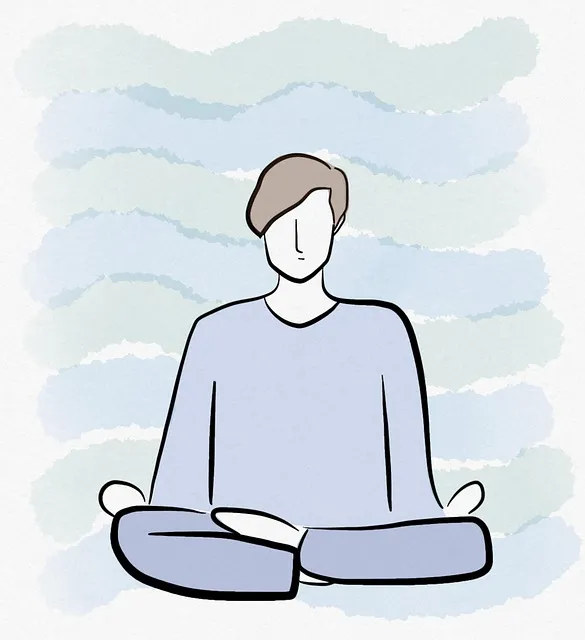Mental wellness group facilitation at Northglenn Kaiser Permanente is a specialized service enhancing community well-being, leveraging skilled facilitators who create safe spaces for sharing mental health journeys. Through interactive activities and open dialogue, participants build emotional regulation, resilience, and inner strength, navigating emotions and developing coping strategies. This holistic approach, emphasizing comprehensive Northglenn Kaiser Permanente mental health coverage, strengthens individual and community resilience by fostering a sense of belonging within a supportive network. Facilitators use diverse methods like discussions, mindfulness exercises, role-playing, and art therapy to cater to diverse learners, ensuring successful sessions adapted to individual progress and feedback.
Mental wellness group facilitation plays a crucial role in enhancing Northglenn Kaiser Permanente’s mental health coverage. This article delves into the art of facilitating supportive therapy groups, focusing on techniques that engage participants and foster inclusivity. We explore the vital role of facilitators, drawing from real-world examples at Kaiser Permanente Northglenn. Additionally, we discuss strategies for measuring success and adapting facilitation methods to cater to diverse needs, ensuring optimal mental wellness support.
- Understanding Mental Wellness Group Facilitation
- The Role of a Facilitator at Kaiser Permanente Northglenn
- Engaging Techniques for Group Interactions
- Promoting Inclusivity and Support in Therapy Groups
- Measuring Success and Adapting Facilitation Strategies
Understanding Mental Wellness Group Facilitation

Mental wellness group facilitation is a specialized skill that plays a pivotal role in enhancing community well-being, particularly within organizations like Northglenn Kaiser Permanente dedicated to mental health coverage and support. Facilitators act as guides, creating a safe and supportive space for individuals to explore their mental health journey together. This collaborative approach leverages the power of shared experiences, fostering emotional regulation, resilience building, and inner strength development among participants.
Through interactive activities, open dialogue, and structured discussions, facilitators help group members navigate complex emotions, build coping strategies, and cultivate a sense of belonging. By addressing common mental health challenges in a group setting, participants gain valuable insights from one another, fostering a supportive network that extends beyond the session. This collective experience not only strengthens individual resilience but also contributes to a more resilient community overall, reflecting the holistic approach Northglenn Kaiser Permanente champions through its mental health coverage and services.
The Role of a Facilitator at Kaiser Permanente Northglenn

At Kaiser Permanente Northglenn, mental wellness group facilitation plays a pivotal role in fostering community and promoting overall well-being. The facilitator acts as a guide, creating a safe and supportive environment where participants can connect, share experiences, and learn from one another. They facilitate open dialogue, ensuring every voice is heard, and tailor discussions to address the unique needs of the group.
Through interactive activities, such as mental wellness journaling exercises and resilience-building workshops, facilitators empower individuals with coping skills development. This structured yet nurturing approach allows members to navigate their mental health journeys collectively, gaining insights and strategies that enhance their ability to cope with life’s challenges. The role of the facilitator extends beyond guidance; it involves encouraging active participation, offering valuable resources, and fostering a sense of belonging within the supportive network of Kaiser Permanente Northglenn.
Engaging Techniques for Group Interactions

In facilitating mental wellness groups, engaging techniques are key to fostering a supportive and interactive environment. One effective method is employing open-ended discussions, encouraging members to share their experiences and perspectives. This approach not only promotes active participation but also enhances understanding and empathy among group peers. Additionally, incorporating practical exercises such as mindfulness activities or stress management workshops (Northglenn Kaiser Permanente mental health coverage) can provide tangible tools for coping with daily challenges.
Visual aids, role-playing scenarios, and creative expressions like art therapy can further enrich the group experience. These techniques cater to diverse learning styles, ensuring every participant feels involved. Moreover, integrating conflict resolution techniques can help navigate interpersonal dynamics, creating a safe space where members can learn from each other’s differences (Mental Health Policy Analysis and Advocacy). By utilizing these engaging strategies, facilitators can create a dynamic atmosphere that encourages personal growth and collective support.
Promoting Inclusivity and Support in Therapy Groups

Creating an inclusive and supportive environment is key to effective group therapy, especially in a setting like Northglenn Kaiser Permanente mental health coverage offers. Facilitators play a vital role in fostering a sense of belonging among participants. One powerful technique is actively encouraging active listening and empathy-building strategies among members. This not only promotes open communication but also strengthens the therapeutic bond within the group. By creating a safe space where everyone feels heard, understood, and respected, facilitators can help individuals manage stress more effectively.
Additionally, incorporating activities that promote self-care routine development for better mental health can significantly enhance the overall well-being of the group. These strategies might include mindfulness exercises, relaxation techniques, or even simple discussions on healthy habits. Such initiatives not only cater to individual needs but also create a collective awareness about the importance of self-care, ultimately reinforcing a supportive network within the therapy setting.
Measuring Success and Adapting Facilitation Strategies

Measuring success and adapting facilitation strategies are integral parts of effective mental wellness group sessions. Facilitators often utilize various methods to assess progress, such as participant self-report surveys, peer evaluations, and observer ratings. These tools help gauge improvements in areas like stress management, self-esteem improvement, and overall group cohesion. The Northglenn Kaiser Permanente mental health coverage offers resources that can guide facilitators in employing evidence-based practices, ensuring each session maximizes benefits for all members.
Adaptability is key when facilitating these groups. Risk assessment for mental health professionals plays a crucial role in tailoring strategies to meet diverse needs. Facilitators should be adept at adjusting their approach based on feedback and individual progress, focusing on topics like stress management as needed. This dynamic process fosters an inclusive environment, allowing participants to experience meaningful growth while addressing specific challenges, such as enhancing self-esteem.
Mental wellness group facilitation plays a pivotal role in enhancing the overall well-being of individuals, as evidenced by successful programs at Kaiser Permanente Northglenn. By employing engaging techniques and fostering an inclusive environment, facilitators can revolutionize therapy groups. Understanding the unique dynamics of these sessions and adapting strategies accordingly ensures that everyone receives the mental health coverage they deserve. This approach not only promotes support but also encourages members to navigate their journeys with confidence, ultimately contributing to a healthier community.






